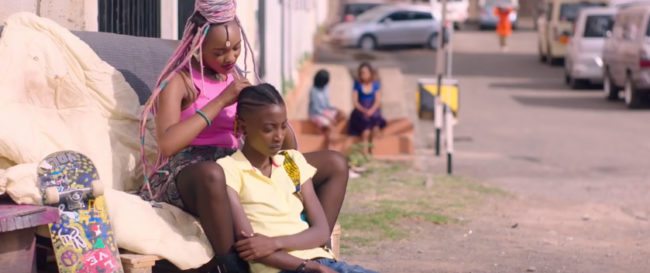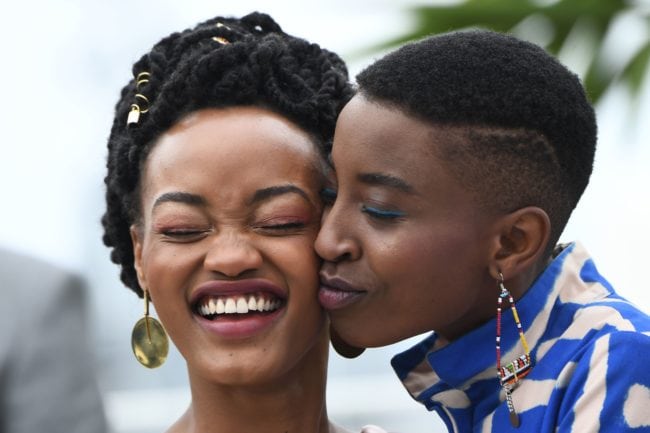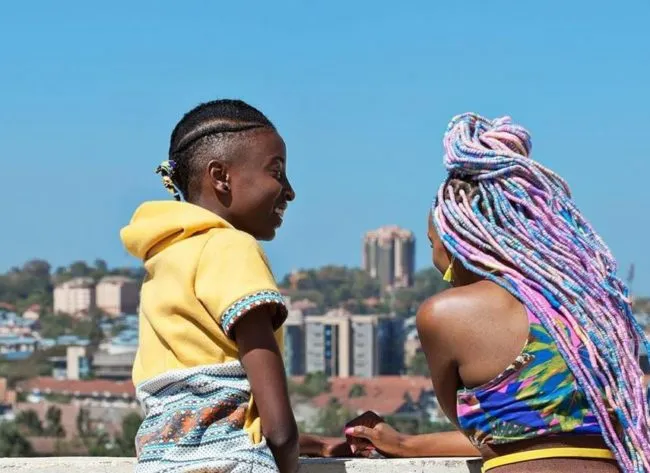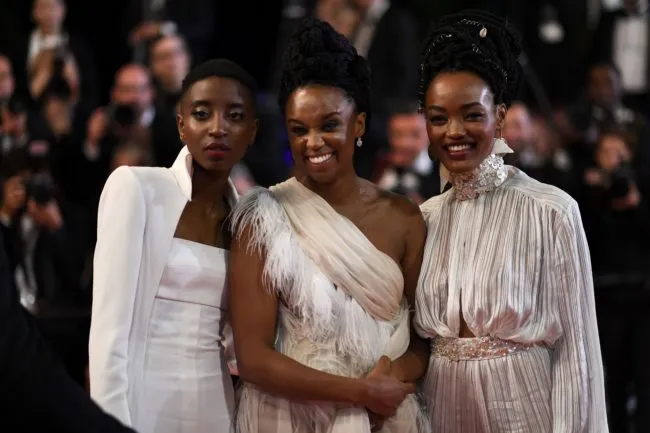Kenyan film commission slams ban on lesbian love story as ‘ridiculous’

(Big World Cinema)
(Big World Cinema)
The head of the Kenyan film commission has slammed the country’s ban on the lesbian film Rafiki as “ridiculous.”
Rafiki, which means friend in KiSwahili, follows two Kenyan girls who fall in love and must contend with the country’s stigma towards homosexuality.
The film recently debuted at Cannes, following the decision of the Kenyan Film Classification Board (KFCB) to deny permission for the film’s release in Kenya.

(Photo: Big World Cinema)
Chris Foot, the head of the Kenyan film commission, recently criticised the decision to censor the film.
“This is about freedom of expression,” Foot told AFP.
“The constitution is very clear about freedom of expression.”
The Kenya film commission was established by the government in 2005 to support Kenyan filmmakers both nationally and internationally, and is entirely distinct from the KFCB.

Rafiki actresses Sheila Munyiva and Samantha Mugatsia (ANNE-CHRISTINE POUJOULAT/AFP/Getty Images)
Homosexuality is currently illegal in Kenya and can be punished with up to 14 years in prison, prompting some to state the film had been censored for showing illegal activity.
However, Foot argued that many other films in Kenya show violence and other forms of crime, and that the film was explicitly banned for being pro-LGBT.
Foot added: “This is a film that we will continue to support.”
Rafiki is the first Kenyan film to screen at Cannes and reportedly received standing ovations during the festival.
In April, the Kenyan Film Classification Board (KFCB) blocked the distribution of the film within Kenya, with KFCB spokesperson Nelly Muluka stating: “Our culture and laws recognise family as the basic unit of society.
“We cannot, therefore, allow lesbian content to be accessed by children in Kenya.”

(Big World Cinema)
Rafiki director Wanuri Kahiu has since spoken out about the decision.
Speaking in April, Kahiu alleged that the KFCB had initially signed off on the film’s script, and only decided to ban the film after she rejected abrupt demands to give the film a sad ending.
She said: “They asked me to change the ending of the film because they didn’t feel the ending was ‘remorseful’ enough.
“They did not ask me to change any scenes of intimacy… if they had asked us to reduce the intimacy because of classification, that would have been one thing, and we would have gladly done that.”

Samantha Mugatsia, Wanuri Kahiu, and Sheila Munyiva at Cannes (ANNE-CHRISTINE POUJOULAT/AFP/Getty Images)
Kahiu later stated that the KFCB has threatened her with arrest.
“It seems like they are trying to build a case to imprison me… Most recently I saw them tweeting that I have broken the law,” she said.
Kahiu reportedly went on to say that she knew the film might be banned, before adding: “What we didn’t expect was the threat of arrest to me.”

